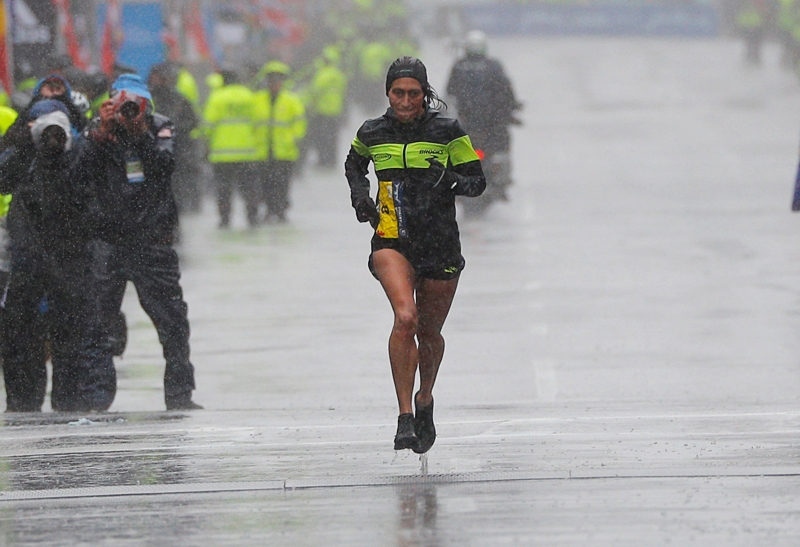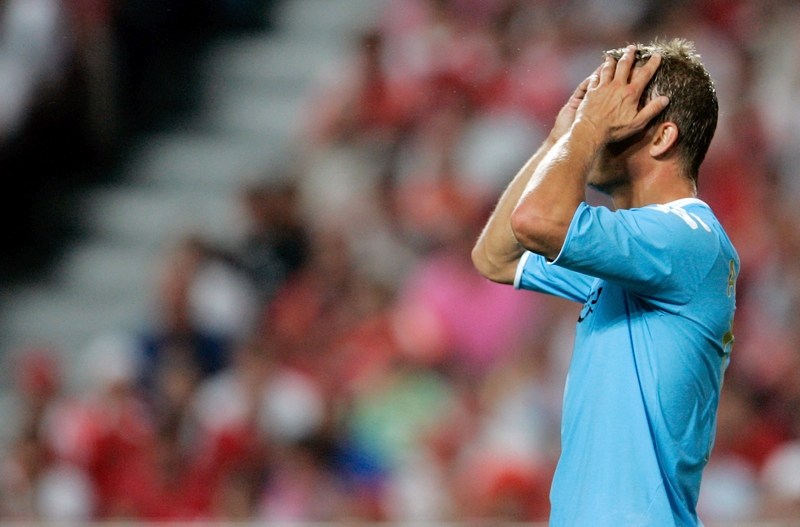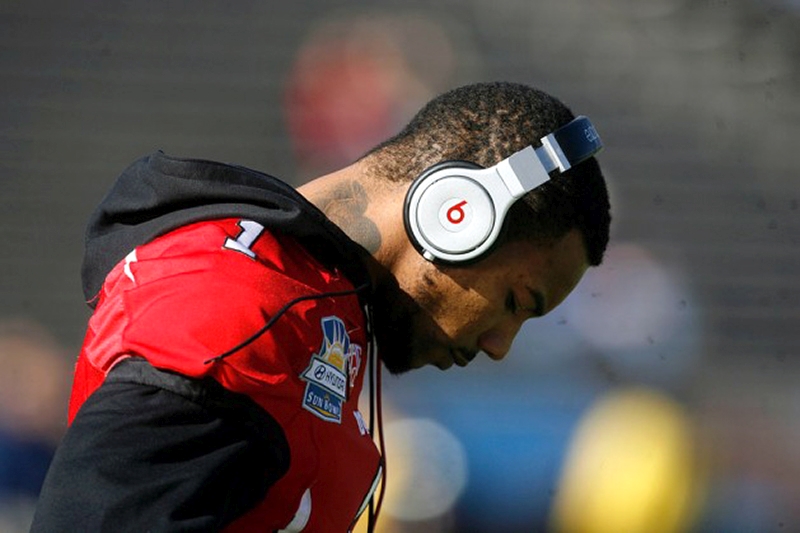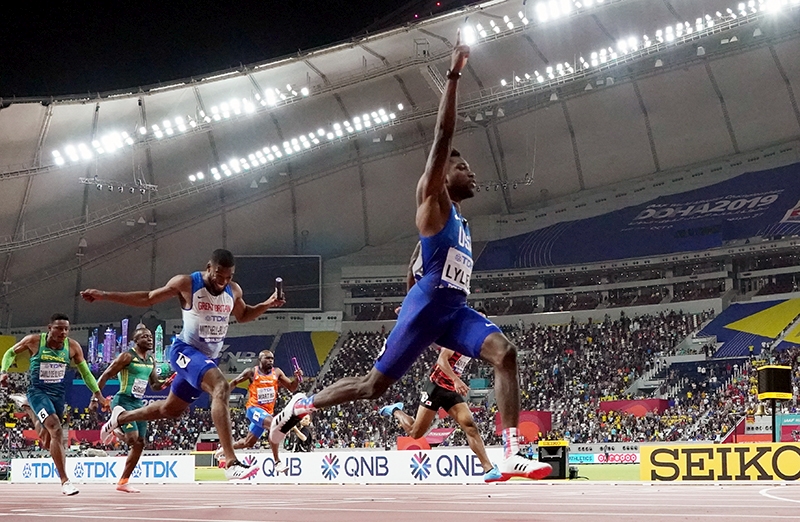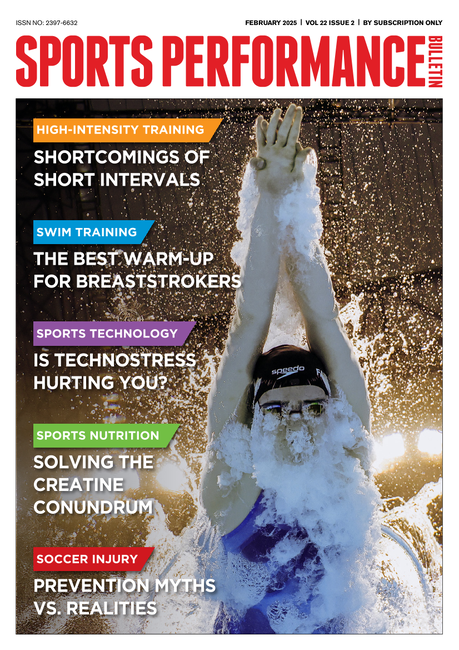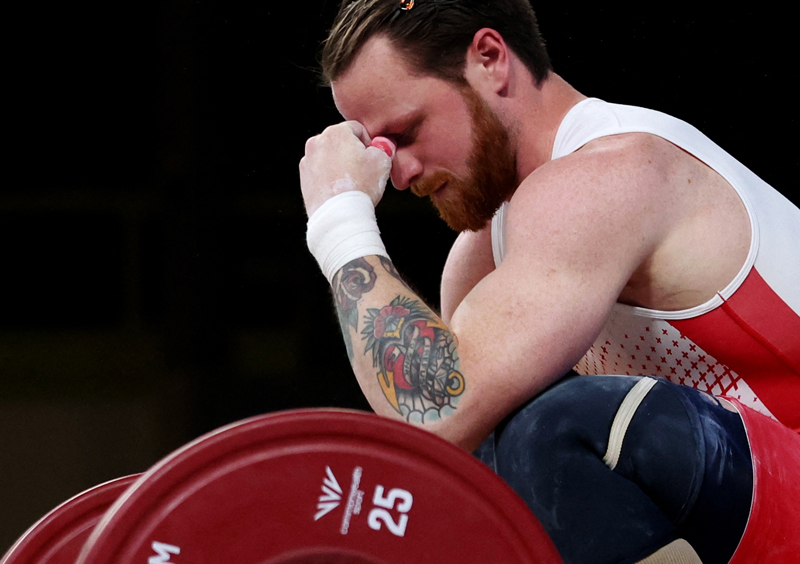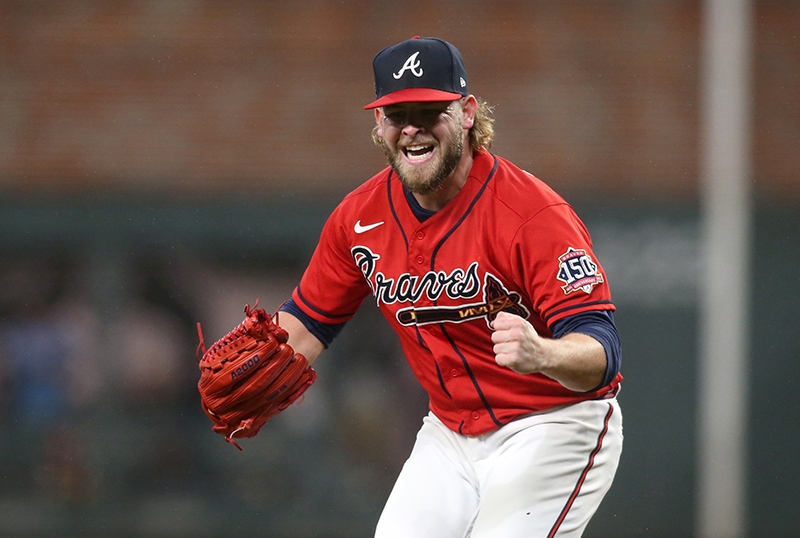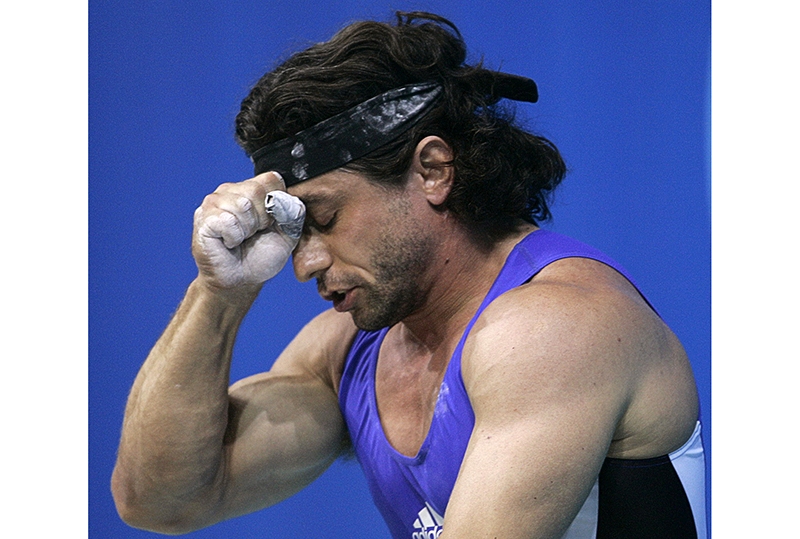You are viewing 1 of your 1 free articles. For unlimited access take a risk-free trial
A champion's personality: mind over matter?

Which psychological attributes separate true champions from those athletes that are merely ‘good’?
As sports science has evolved, so too has our understanding of the training and nutrition required to allow optimum performance. The same is true of skills and tactics. So why is it that some athletes excel to become true champions while others remain merely ‘excellent’? Genetics, natural ability and injury resilience answers much of this question. However, those attributes alone don’t explain why in two athletes with extremely similar backgrounds and potential, performing the same amount and types of training with the same nutritional support, one may go onto become a world champion while the other merely performs well in his or her field. Why is it, in other words, that there are many training masters but only a few champions?Mind matters
As our understanding of human performance has progressed, scientists have begun to appreciate the importance of the athlete’s psychology. There are a number of psychological attributes that are believed to impact performance. These include things like self‐confidence, mental resilience, concentration, relaxation, belief systems etc. However, sports psychologists now agree that the athlete’s personality has the greatest impact(1-3).According to the ‘5-factor’ personality model developed by McCrae & Costa, the key determinants of overall personality arise from five different qualities, which are present in differing degrees(4). These are as follows (see figure 1):
- Neuroticism: emotionality in terms of negative emotions - ie being prone to experiencing negative emotions such as fear, confusion, dissatisfaction, anger, guilt, and sensitivity to psychological stress.
- Extraversion: dimension that characterizes the quality and quantity of social interactions as well as the level of activity, energy, and the ability to feel positive emotions. Extroverted people are friendly and talkative and willing to play and seek stimulation. They are optimistic in life and have a cheerful mood.
- Agreeableness: describes a positive or negative attitude toward other people. This trait manifests itself as either trusting others or a lack of trust; on an emotional level—as sensitivity or indifference to other people's affairs.
- Conscientiousness: characterizes the degree of organization, persistence, and motivation of an individual in goal‐oriented activities and describes a person's relationship to work.
- Openness to experience: describes an individual's tendency to seek and positively evaluate life experiences, tolerance toward novelty, and cognitive curiosity. People with high openness are interested in the phenomena of both the external and internal world and have a richer life in terms of the number of experiences.
Figure 1: The five key determinants of personality

Athletes typically possess low neuroticism, high extroversion and conscientiousness, and average openness to experience and agreeableness.
Champion qualities
Although personality in sport has been the subject of research for a while, recent studies have shown a lack of clarity. Comparing the above traits, some research has demonstrated that low neuroticism is the main personality trait distinguishing sports champions from the rest of the players, which allows for effective actions in difficult situations(8). But a study published earlier this year found that high extraversion was the key; according to this research, highly extroverted athletes employ more adaptive action strategies, have stronger coach–player relationships, and tend to be more successful(9).To try and remove the uncertainty about sport type and further clarify what key personality traits really do set athlete champions apart from the rest of the pack, new research published in the journal ‘Brain and Behaviour’ has sought to establish the personality traits of individual champions, and what separates them from individual-sport athletes that are merely excellent! Six hundred athletes from 20 individual disciplines were selected for the study as follows:
- Senior age (between the ages of 20 and 29)
- Documented sports achievements at various levels of competition (national, continental, world)
- Many years of professional sports experience (at least three)
- A current competition license
- The opinion of experienced coach was available
What they found
The first finding was that there were (perhaps expected) statistically significant differences between sports disciplines in all ‘big five’ personality traits. However, it’s unclear whether that’s because an athlete’s sport influences the shaping of their personality, or whether it’s because athlete’s with certain personality traits are drawn to particular sports. In all likelihood, both of these factors may play a role. A more significant finding was that regardless of sport, there was a clear distinction between personality scores of champions and those of other accomplished athletes. In particular, these individual sports champions had lower levels of neuroticism, higher levels of extroversion, agreeableness, and conscientiousness than the rest of the athletes (see figure 2).Figure 2: Personality profiles of champions and other athletes of individual sports

Champions show significantly less neuroticism and higher levels of extraversion, openness to experience, agreeableness and conscientiousness.
Implications for athletes
Personality is often considered to be an intrinsic quality, which might lead some to conclude that champion potential is determined at birth. However, while there may be an inherent tendency towards having certain personality traits, we also know that personality can be shaped by events and circumstances(10). This means for example that athletes seeking to reduce their levels of neuroticism (ie being prone to experiencing negative emotions) can make use of mental tools and practices to help manage and reduce these negative emotions. In a similar way, strategies could be implemented to help athletes become more open to new experiences.What kind of mental tools and strategies can athlete utilize to mitigate neuroticism and enhance the positive personality traits of champions? One of the best approaches to employ various ‘emotional regulation’ strategies. Emotional regulation is a relatively new concept that has emerged over the last decade or so, and which is defined as ‘the capacity to recognise and utilise emotional states to change intentions and behaviour’. Although a discussion of emotional regulation is beyond the scope of this article, emotional regulation is a topic that sports psychologist Professor Andy Lane has written about in depth, and whose articles can be found here and here in the SPB library. Readers seeking a more positive and tougher mindset are strongly encouraged to read Andy’s contributions – because mind really does matter!
References
- International Review of Sport and Exercise Psychology 2013, 6, 184–208
- Sport Management Review 2016, 19(4), 441–453
- Pedagogy and Psychology of Sport 2020, 6(4), 64–83
- McCrae, R. , & Costa, P. Jr (2003). Personality in Adulthood: A Five‐Factor theory perspective. Guilford Press
- European Journal of Experimental Biology 2013, 3(3), 439–442
- Archives of Budo 2018, 14, 231–241
- Quality in Sport 2019, 5(2), 47–57
- Archives of Budo: Science of Martial Art and Extreme Sport 2020, 16, 71–77
- Allen, M. S. , Mison, E. A. , Robson, D. A. , & Laborde, S. (2021). Extraversion in sport: A scoping review. International Review of Sport and Exercise Psychology. [Google Scholar]
- “Genes, Environment, and Personality” Science 1994. 264(5166), 1700-1701
Newsletter Sign Up
Testimonials
Dr. Alexandra Fandetti-Robin, Back & Body Chiropractic
Elspeth Cowell MSCh DpodM SRCh HCPC reg
William Hunter, Nuffield Health
Newsletter Sign Up
Coaches Testimonials
Dr. Alexandra Fandetti-Robin, Back & Body Chiropractic
Elspeth Cowell MSCh DpodM SRCh HCPC reg
William Hunter, Nuffield Health
Keep up with latest sports science research and apply it to maximize performance
Today you have the chance to join a group of athletes, and sports coaches/trainers who all have something special in common...
They use the latest research to improve performance for themselves and their clients - both athletes and sports teams - with help from global specialists in the fields of sports science, sports medicine and sports psychology.
They do this by reading Sports Performance Bulletin, an easy-to-digest but serious-minded journal dedicated to high performance sports. SPB offers a wealth of information and insight into the latest research, in an easily-accessible and understood format, along with a wealth of practical recommendations.
*includes 3 coaching manuals
Get Inspired
All the latest techniques and approaches
Sports Performance Bulletin helps dedicated endurance athletes improve their performance. Sense-checking the latest sports science research, and sourcing evidence and case studies to support findings, Sports Performance Bulletin turns proven insights into easily digestible practical advice. Supporting athletes, coaches and professionals who wish to ensure their guidance and programmes are kept right up to date and based on credible science.
